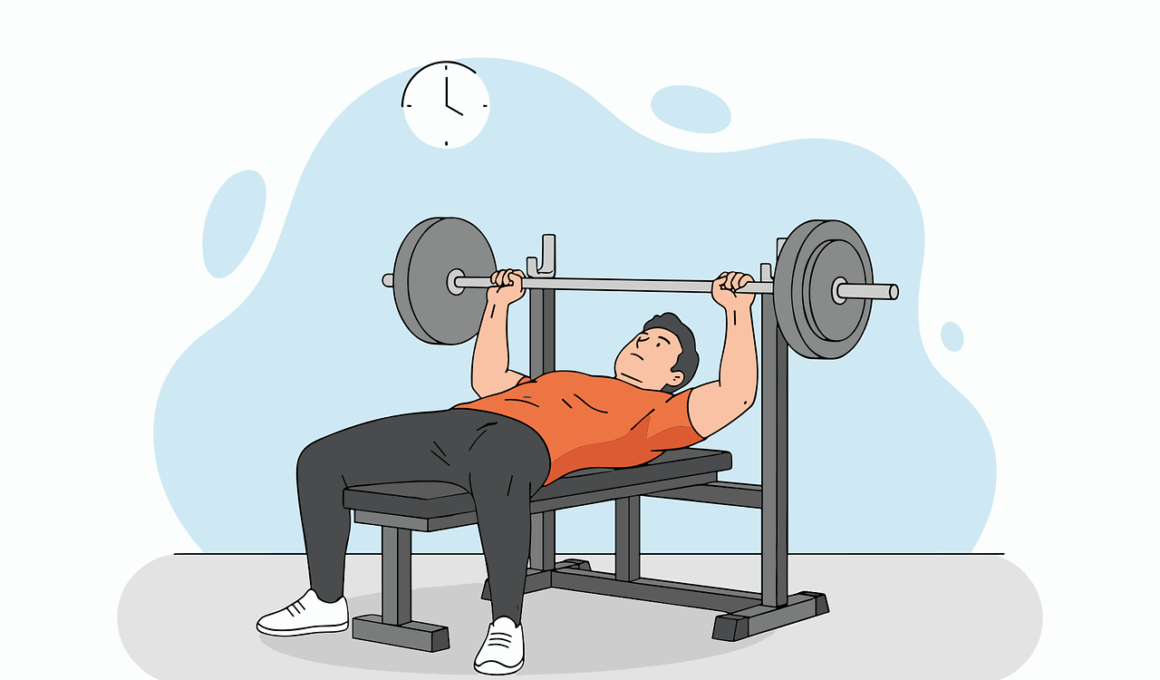Do Testosterone Boosters Really Work? What Men Should Know
In recent years, testosterone boosters have gained immense popularity among men seeking to enhance their physical performance. These supplements claim to increase testosterone levels, which could potentially lead to improved muscle mass and overall vitality. However, research on the efficacy of these male supplements presents mixed results. Many users report experiencing benefits, such as increased energy and reduced fatigue. Yet, others find little to no difference in their health or fitness levels. Experts emphasize that testosterone levels naturally decline with age, which often affects men’s physical capabilities. While testosterone replacement therapy can be effective in certain medical cases, the same cannot necessarily be said for over-the-counter boosters. Many of these products are unregulated, leading to potential side effects and health risks. Therefore, it’s essential for men to approach such supplements with caution, consulting healthcare professionals before beginning any regimen to ensure safety and efficacy. Understanding the role of testosterone is crucial, and men should be aware of how lifestyle factors such as diet, exercise, and sleep play a significant role in natural hormone production.
The Science Behind Testosterone Boosters
A common misconception about testosterone boosters is that they will produce immediate and dramatic changes in a man’s physique and performance. In reality, many supplements marketed as testosterone boosters contain natural ingredients that may help support the body’s hormone levels, such as zinc and vitamin D. Zinc plays a crucial role in testosterone production, while vitamin D deficiency has been linked to low testosterone levels. However, relying exclusively on these supplements without making lifestyle changes is unlikely to yield significant results. Regular exercise, strength training, and a balanced diet are vital components of maintaining healthy hormone levels. Lifestyle choices, including reducing stress and ensuring adequate sleep, can further optimize testosterone production naturally. Supplements may have a role in supplementation, but they should complement healthy practices rather than replace them. Men should prioritize holistic approaches rather than viewing testosterone boosters as a magical solution. The key to achieving fitness goals often lies in consistent effort across various aspects of health, rather than dependence on any one product or supplement.
The rise of testosterone booster products has sparked interest among men eager to improve their fitness. However, many consumers may not fully understand how these products work. Most testosterone boosters aim to increase the body’s natural testosterone production via various ingredients. However, not all products undergo rigorous clinical testing to verify their effectiveness. Studies indicate a range of outcomes when testing these supplements, with some showing minimal improvement compared to placebo. Before trying a new testosterone booster, it’s advisable for men to research ingredients and scrutinize brands for credibility and safety. Popular natural ingredients include fenugreek, Tribulus terrestris, and D-aspartic acid. While these ingredients may present potential benefits, their efficacy is often debated in scientific studies. Without regulated testing, some products may contain misleading claims or inadequate dosages. Moreover, it’s crucial to consider underlying health factors. Consulting with a healthcare provider can help establish if low testosterone is significant enough to warrant supplementation or if other lifestyle changes should be prioritized. Healthier practices can often stimulate natural testosterone production more effectively than supplements alone.
While testosterone boosters may promise enhanced performance, men must approach these products with skepticism and caution. Many supplements target the aging demographic, as testosterone levels naturally decline over time. Marketing tactics depicting youthful energy and vigor often lead consumers to believe that taking a booster can reverse age-related decline. However, understanding the potential side effects is crucial before purchasing any product. Common side effects may include mood swings, acne, and increased aggression. In certain cases, excessive testosterone can have severe health implications, such as cardiovascular issues or liver damage. Additionally, illicit use of testosterone for muscle gain or performance enhancement can lead to severe legal and health consequences. It is essential to exercise caution when choosing supplements, ensuring they are backed by scientific evidence. Additionally, men should be wary of claims that sound too good to be true. It often helps to rely on reputable brands and read testimonials only from credible sources. Utilizing these strategies can help men make informed decisions about their health and fitness journey, ensuring that they do so safely.
The Role of Diet and Exercise
To effectively increase testosterone levels, diet and exercise should never be underestimated. Research consistently demonstrates that physical activity enhances hormone levels in men, while poor dietary choices can lead to declines. Engaging in regular strength training exercises promotes muscle growth, which is directly linked to testosterone production. Balanced nutrition rich in healthy fats, lean proteins, and complex carbohydrates supports overall hormone health. Foods such as avocados, nuts, and olive oil are known for their positive effects on testosterone production. Reducing sugar and processed foods from one’s diet can also significantly influence hormone levels. Moreover, hydration plays an essential role in maintaining optimal testosterone levels. Drinking sufficient water throughout the day helps promote overall health and aids in muscle recovery after workouts. Men should focus on developing well-rounded fitness regimens that include cardiovascular exercises, as well as strength training. Regular physical activity, combined with whole foods, helps to optimize testosterone levels naturally. In summary, lifestyle choices often supersede the need for supplements, making them less necessary for many men pursuing improved fitness.
The use of testosterone boosters raises critical questions about ethical considerations and personal health choices. The desire to enhance performance and physical appearance can lead men to experiment with potentially risky supplements. The fitness culture today often emphasizes achieving an ideal physique, which can create pressure to seek out shortcuts. However, navigating this landscape requires responsibility and prioritization of health over aesthetics. In some cases, men may struggle to acknowledge natural limitations, pushing them toward unregulated supplements as a solution. Meanwhile, exploring healthier lifestyle decisions can ultimately yield more sustainable benefits. Men should be encouraged to focus on setting realistic fitness goals and embracing their unique body compositions rather than striving for artificial enhancements. Additionally, seeking support from health professionals can guide better approaches to fitness. In doing so, individuals are less likely to succumb to dangerous trends associated with illegal steroid use or unsafe supplements. Embracing a more authentic approach to self-image and fitness can lead to a healthier balance between physical capabilities and mental well-being, ensuring that personal health always remains the top priority.
Conclusion and Final Thoughts
In conclusion, testosterone boosters remain a contentious topic within the realm of men’s fitness. While these supplements might provide some benefits, they should be treated as a complement to a well-rounded approach. Engaging in regular physical activity, adopting a nutritious diet, and managing stress are effective ways to support natural testosterone production. Most importantly, men should prioritize their health by consulting healthcare providers before relying on any supplement regimen. Understanding the potential risks and limitations of testosterone boosters can help men make informed decisions that truly support their fitness goals. The overarching objective should always involve a quest for better health rather than merely seeking enhancements through shortcuts. By concentrating on holistic health practices, including fitness, nutrition, and mental well-being, men can achieve their desired results more sustainably. Over time, committing to a balanced lifestyle can bring about significant improvements in overall vitality and fitness. As the fitness industry continues to evolve, remaining informed and cautious about testosterone boosters can lead to healthier outcomes. In navigating this landscape, men can confidently pursue physical well-being that aligns with their personal and health-oriented goals.
While testosterone boosters may promise enhanced performance, men must approach these products with skepticism and caution. Many supplements target the aging demographic, as testosterone levels naturally decline over time. Marketing tactics depicting youthful energy and vigor often lead consumers to believe that taking a booster can reverse age-related decline. However, understanding the potential side effects is crucial before purchasing any product. Common side effects may include mood swings, acne, and increased aggression. In certain cases, excessive testosterone can have severe health implications, such as cardiovascular issues or liver damage. Additionally, illicit use of testosterone for muscle gain or performance enhancement can lead to severe legal and health consequences. It is essential to exercise caution when choosing supplements, ensuring they are backed by scientific evidence. Additionally, men should be wary of claims that sound too good to be true. It often helps to rely on reputable brands and read testimonials only from credible sources. Utilizing these strategies can help men make informed decisions about their health and fitness journey, ensuring that they do so safely.


